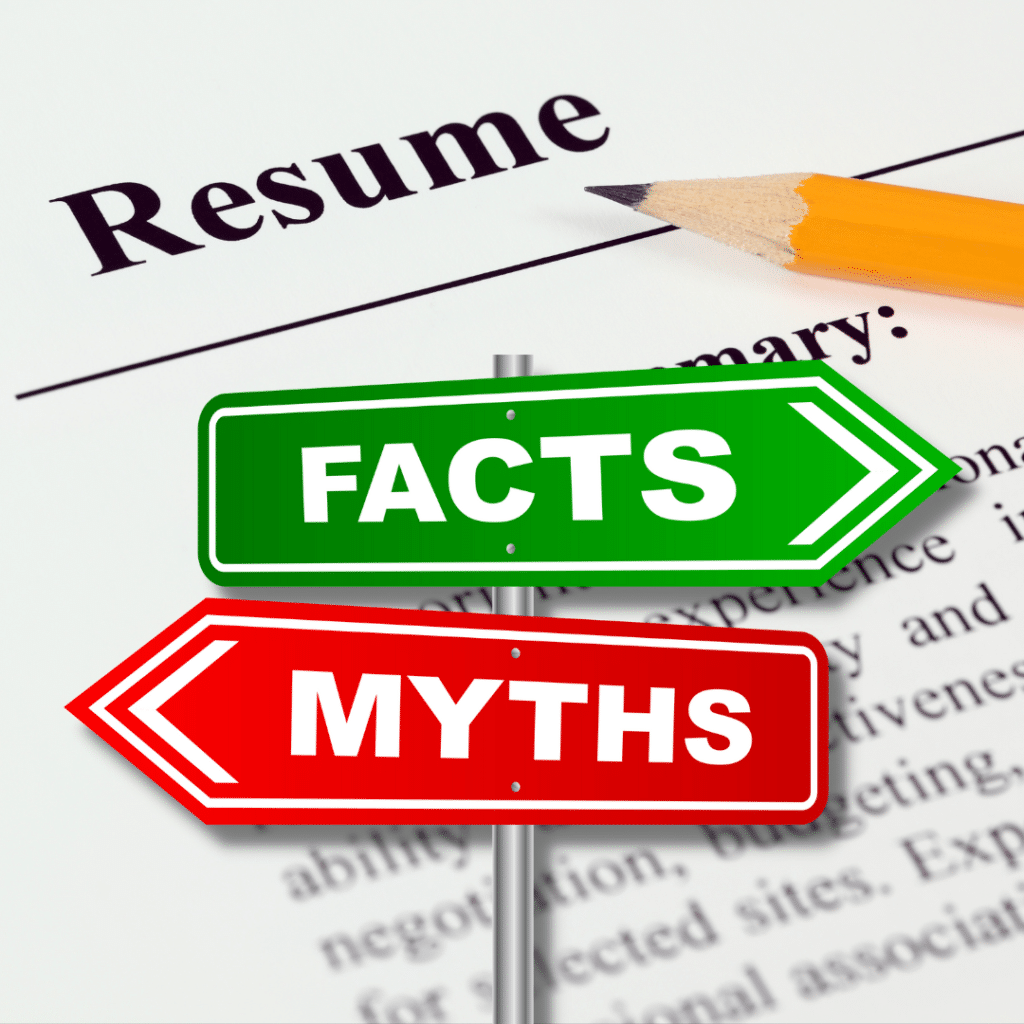While most federal jobseekers are focused on USAJOBS, there are dozens (and dozens) of approaches to get a federal job. You’ve already figured out that getting a federal job is complicated. And you may well know that veterans’ preference can be challenging—if you are not a veteran and trying to get your first federal position.
What do you need to know?
A) Not all positions require the use of veterans’ preference.
B) Some veterans may be eligible for as many as 4 different hiring eligibilities while others may be eligible for none.
C) There are many agency-specific hiring authorities; if you are a veterinarian, for example, or looking to work for the Federal Emergency Management Agency (FEMA) as an emergency specialist, or a healthcare provider looking to work for the Department of Veterans Affairs (VA)—just to name a few—the “standard” hiring process may not apply.
D) The Intelligence Community (IC), which includes 17 different agencies, has its own hiring process. And the IC hires a wide range of expertise, everything from security to STEM to intelligence analysis, contracting, computer science, and foreign language, to name a few. Here is a great place to start: https://www.intelligencecareers.gov/career-fields.
E) Lots of agencies have student internships (paid, too); the government also offers its Pathways Program for students still in school, recently graduated, and the prestigious Presidential Management Fellow (PMF) program. Start here for additional information: https://www.usajobs.gov/Help/working-in-government/unique-hiring-paths/students/.
F) Other possible approaches (not inclusive) include being a military spouse, an individual with disabilities, a Native American (either American Indian or Alaska Native), a returning Peace Corps Volunteer, a former AmeriCorps volunteer, a current or former Department of State or Foreign Service Officer, to name a few. This can be complicated (as you can tell) and specific paperwork is required to establish your eligibility, but if you fall into one of these job categories, you should take advantage.
As you can see from the above, getting a federal job is about more than just applying through USAJOBS.gov. In some cases, you may not even need to use USAJOBS at all!! This is not easy to navigate and getting a federal job takes time (and likely multiple applications) but it IS doable. Good luck!
This post was written by Nancy Segal in collaboration with Federal Career Connection, Inc., an independently organized educational nonprofit organization who are grounded in community service and commitment to helping individuals in career transition. Learn more about the partnership by clicking here!






